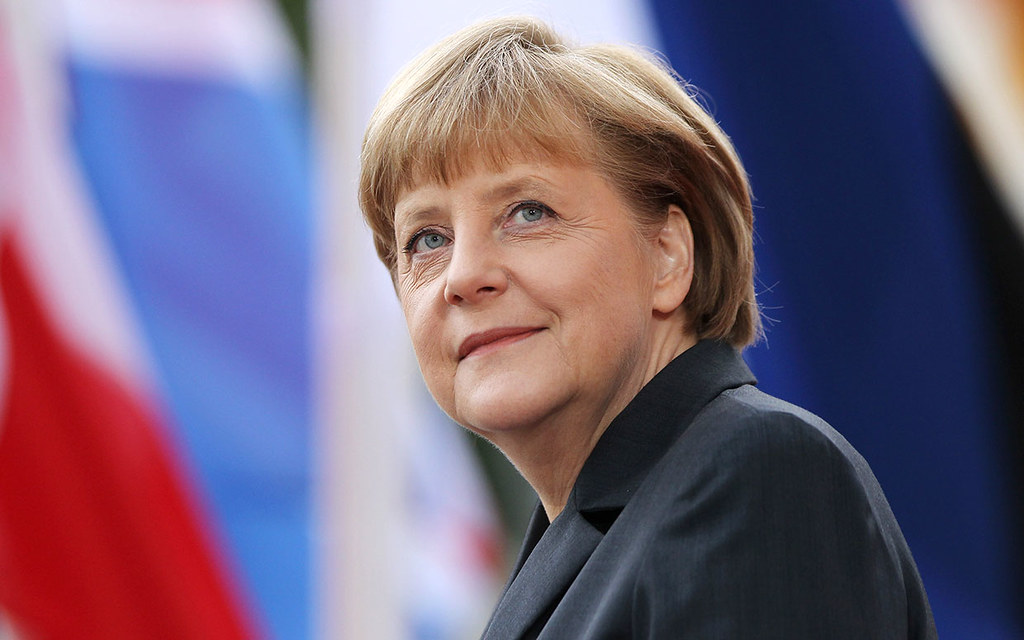 |
| Angela Merkel (Image: Flickr User - Haluk Beyazab) |
By Shannon Tiezzi
Germany wants China to play a larger role in resolving international issues such as the Syria crisis.
German Chancellor Angela Merkel visited China on October 29 and 30, marking her eighth visit to the country since she assumed office in 2005. Ostensibly, her trip was aimed at deepening the economic ties between China and Germany, but security and strategic issues – from the Syria crisis to the South China Sea – also featured on the agenda.
Germany has been concerned about China’s economic slowdown, and for good reason – last year, China was Germany’s fourth biggest export market, representing nine percent of total German exports, according to Reuters. Ironically, Germany’s robust exports to China (something other countries have envied as they eye their trade deficits with Beijing) are now a headache for Berlin, as total trade between China and Germany plummeted nearly 12 percent in the first six months of 2015. Meanwhile, there’s some nervousness in Berlin that the United Kingdom, with its avowed wish to be China’s “best partner in the West” could siphon off some of China’s economic largess.
Accordingly, trade was the major purpose of Merkel’s visit. While she was there, primarily meeting with Premier Li Keqiang (though she also met with Chinese President Xi Jinping), the two sides signed 15 business deals worth a total of roughly 20 billion euros ($22 billion). That included deals for China to purchase helicopters and passenger planes worth over $16 billion from Airbus. Merkel also voiced support for a China-EU bilateral investment treaty, which would serve as a precursor to a China-EU free trade agreement.
However, Merkel made it clear that China still has work to do in opening its economy. She lent her support for China’s bid to be granted market economy status in the World Trade Organization – which would help alleviate penalties on imports from China – but noted that first “China has to do some homework, for example in the area of public procurement.”
Read the full story at The Diplomat
